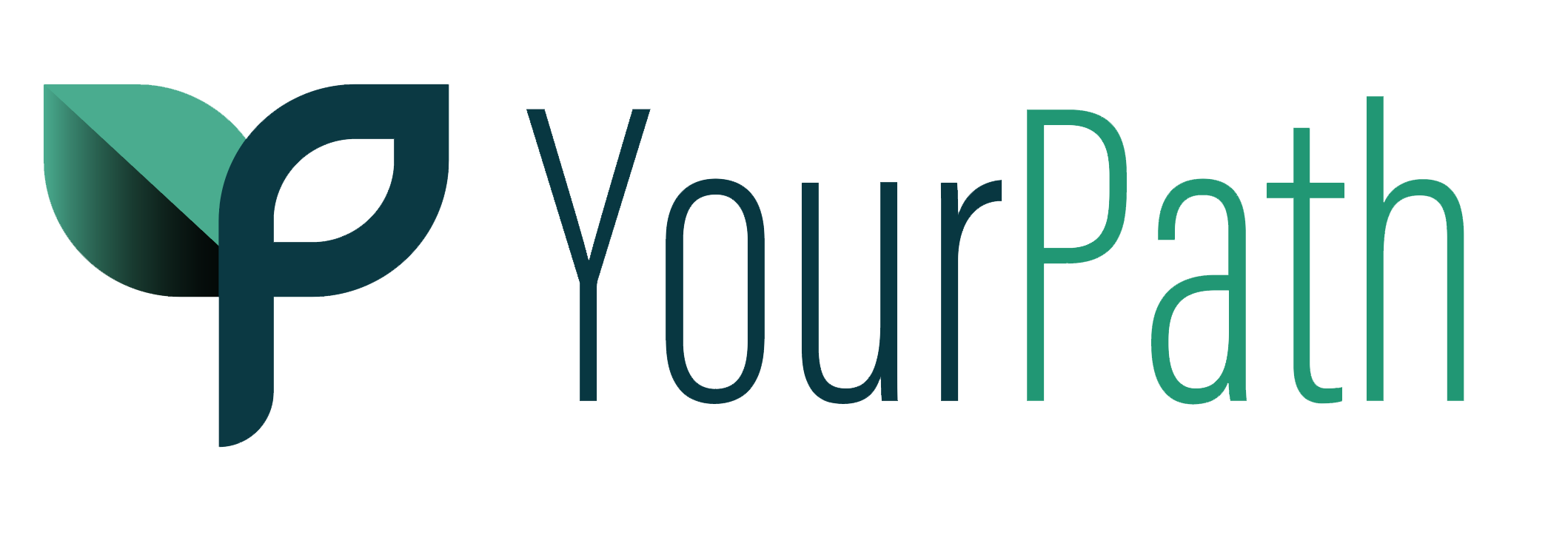If we had a magic wand... State and Federal policy recommendations
If I had a magic wand and could recommend recovery-related policy changes, I’d start with the following recommendations.
It’s not a magic wand, but do you remember the magic you felt the first time you saw one of these weird lightbulbs at Spencer’s Gifts? Magical…
Fund housing - Supportive, stable environments reduce costs and improve outcomes. MN is basically outsourcing the payment for recovery housing to NuWay at this point. We need more intentional, better-funded solutions across the state. Especially Housing First approaches to housing support.
Kill the X-waiver. If you can prescribe fentanyl without the DEA being involved, you should be able to prescribe much safer medications like buprenorphine.
Racism is a public health crisis, especially in the context of behavioral health and SUDs. Antiracist work is our business. Everywhere. All the time.
Don't pay for abstinence-only treatment - Abstinence isn’t off the table, but medications for opioid use disorder reduce overdose risk by 50%-70%. Everyone should understand the risks and benefits of the treatment they choose. Don't reimburse providers who try to make recovery pathways universal and narrow.
Fund harm reduction. The Biden administration recently worked with congress to get $30m in funding for HR efforts into the Covid relief package. It’s a start.
End the "war" on drugs and make restitution to the individuals and communities affected - Addiction is not criminal. Punitive measures exacerbate the problem.
Enforce parity - Not only is reimbursement lower than other chronic medical issues, but returning to use is still viewed through a moral lens. Also, parity is more than payment. Parity is impossible if there's no care to access. Access is parity.
Return to recovery - Peer support models and wisdom traditions like the 12 Step fellowships have stood the test of time because for many people, they work. Incorporating these approaches into medical care — when appropriate — is essential. Expanding the availability and diversity of peer support models is the single most effective way to move the needle on outcomes.
Reduce experiences of violence and trauma - There is no "other." It's just us. Addiction and recovery happen in a context. Trauma drives addiction. Violence drives addiction. We cannot afford to separate these issues.
Support person-centered practice - Healthcare workers are not cogs in a machine. They are not interchangeable. Performance should measured by more than financial outputs and patient happiness surveys.
Develop consensus-based programmatic and outcome measures — What's successful treatment? How do you know? What programs are worth paying for? Why? If providers and payers don't have the same goalposts, they won't ever play the same game.
Redefine masculinity and other toxic gender and identity roles- Did I lose you? Good. Make your own list. Real men show empathy. Transgendered people exist and deserve love, not just tolerance. Kindness is an American virtue.
Eliminate the IMD waiver, the inmate exclusion, and expand Medicaid to all 50 states.
Train medical staff on recognizing and treating Substance Use Disorders. The average doctor gets fewer than eights hours of instruction in medical school. Eight.
Support returning military members and all veterans struggling with mental illness and addiction.
Partner with NIH to accelerate development of new delivery methods or formulations of medications that support recovery.
Mandate access to syringes and safe-use supports.
Support payment and reimbursement from all payers for family services.
Train people on opioid overdose and naloxone use during CPR trainings.
Instead of "declaring a state of emergency" around our national behavioral health crisis, actually declare a state of emergency and attach funding.
Cover all FDA-approved medications for treatment of OUD and remove OTP restrictions.
Create a real-time overdose warning network.
Pilot safe-injection facilities.
Make HIPAA and CFR 42 pt. 2 make sense.
Make recovery visible by making it safe for all people to disclose they are in recovery.
Support testing for HIV/AIDS, HEP C and provide integrated care and prophylactic treatments.
Integrate Opioid Treatment Programs into mainstream services.
Fund transportation for healthcare.
Connect the FQHC systems with the CMHC systems. Continue CCBHC expansion.
Offer bundled payments based on real outcome data.
Weed-out "bad actors" among treatment providers, enact penalties among providers that have real consequences. Disincentivize volume-based, fee-for-service payment arrangements.
Share real-time data at the federal, state and provider levels.
Encourage and enforce adoption of evidence-based practices in behavioral health.
Support psychiatry and psychiatrists functioning as more than a prescription-dispenser.
Remove the incentives for cash-only clinics by increasing reimbursement and access to MOUD.
Enforce existing laws related to drug companies and pharmacies related to predatory pricing.
Restrict development and approval of high-dose, long-acting opioids.
Invest in early childhood education and prevention efforts. Evidence-based programs. Not DARE.
Ensure those in the criminal justice system have access to MOUD — ALL FDA-approved medications.
Enforce the ADA and demand provision of campus recovery services at all federally-funded institutions of higher learning.
Provide naloxone to everybody. Drop it from blimps if we need to. Address the gouging and extortion occurring across the pharmaceutical industry.
Partner with LEOs and state and federal authorities, but don't support nonsense and don’t forget that we are partners, not employees. Keep the punitive stuff out of our world.
Fund treatment at workforce-supporting rates.
Identify warning signs of addiction susceptibility among children and adolescents and invest in prevention.
Remove and punish payers that deploy fail-first policies or require dangerous prior-authorization protocols for MOUD and other treatments.
Relearn how to treat acute and chronic pain.
Remove stigma in healthcare settings, including mention of "med-seekers, frequent-flyers, addicts, etc..."
Support a living wage, reasonable workplace protections, and safety-net programs.
Re-schedule cannabis and study its efficacy.

